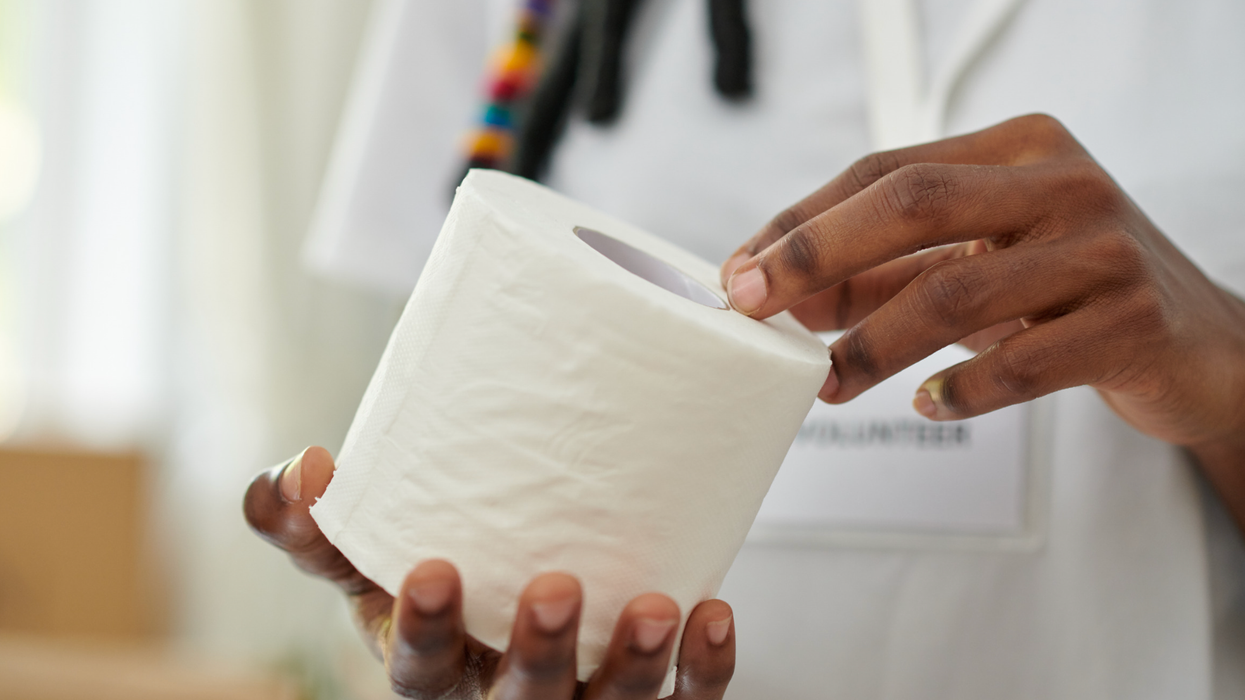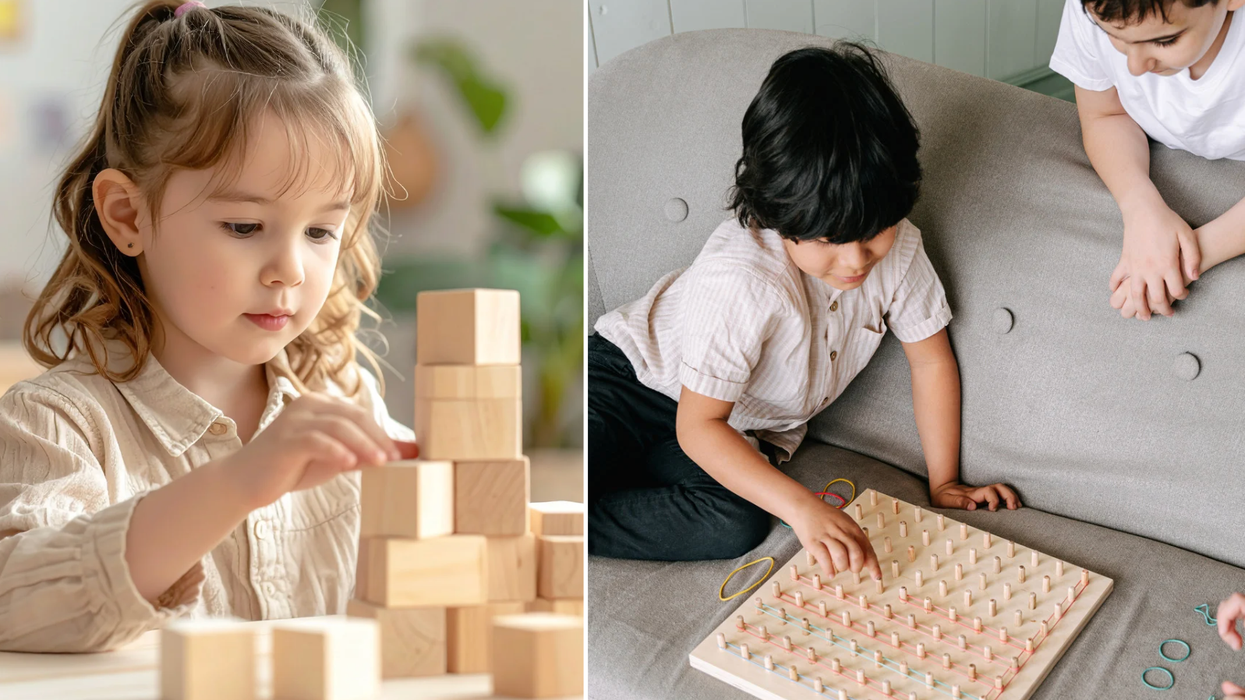Liberia has seen better days. Three years ago, the tiny African country faced the worst Ebola epidemic of all time, resulting in more than 11,000 deaths across it and its neighboring countries, Guinea and Sierra Leone. The health disaster had devastating economic implications as well: markets closed, investors left, and residents deserted their posts in the fields and factories. Half of all Liberians lost their jobs, and today, unemployment rates remain exceedingly high—20 percent of men and 35 percent of women are without work. Now that Liberia is finally free of Ebola, the country is starting to rebuild its struggling economy—and for the first time in the nation’s history, female entrepreneurs are leading this charge.
When Veria Sumo was unable to find work, she decided to start her own business. Sumo saw the need for improved sanitation and cleanliness in the wake of Ebola, so she designed hand sanitizer stations with sensor-triggered dispensers. “I started these stands because I wanted to make this service accessible no matter where you are,” Sumo says. If her company, Golden Gates Services, sells and installs enough sanitizing units across Liberia, she thinks this increased access could help the country avoid another health crisis.
Sumo is not alone in creating opportunity in the aftermath of tragedy. Many Liberian women are taking it upon themselves to create their own jobs in the absence of work—and in turn, they’re providing jobs for thousands more. Take 26-year-old Odelia Acolyte; she founded JET-Del Housekeeping Services with a similar awareness of the need for improved cleanliness standards. Acolyte started JET-Del just one year ago with $500 of her own money, and today she has more than 65 employees. “I wanted to be a part of change in society,” she told Fast Company. And she already is: 85 percent of her employees are women; they receive training and earn $150 U.S. dollars a month, which is enough to support their families.
“There is a lot of entrepreneurship in Liberia,” says Mercy Corps program manager Nate Crossley. “And one of the reasons for that is because there are so few formal opportunities for young people to build livelihoods. In some ways, they are forced to be creative.” That’s exactly what Genevieve Tonia Paasewee is doing with her family-owned hair care salon, Paasewee House of Beauty. To modernize the multigenerational business, Paasewee is planning to export and sell her all-natural hair products in other African countries. As her business grows, she is hiring more and more people, most of whom are women. Before coming to work for Paasewee, many of her employees could not afford to send their children to school, but now with a stable monthly salary, they can.
Recognizing the impact Liberia’s women are having on the economy, the country is starting to establish programs that will continue to support future women in business. Just this month, the Ministry of Gender launched the Girls Ebola Recovery Livelihood Support (GERLS) project, which will provide mentoring support, training, and cash benefits for adolescent girls looking to improve or expand their businesses.
Historically, women in Liberia have been economically vulnerable: they were educated at rates lower than men, they filled fewer jobs, and when times were tough, they might be sent to beg on the streets. But today, as we’ve seen with Veria Sumo and Odelia Acolyte, when there is a lack of opportunity, Liberian women create it for themselves. Now women manage nearly one-third of the nation’s registered businesses. As more emerge as economic leaders and business owners, creating new jobs and ways to support themselves, they are turning the once-struggling economy on its head. For Liberia, that doesn’t just mean a more stable financial future—it means a more equal and independent financial future for its women as well.






















